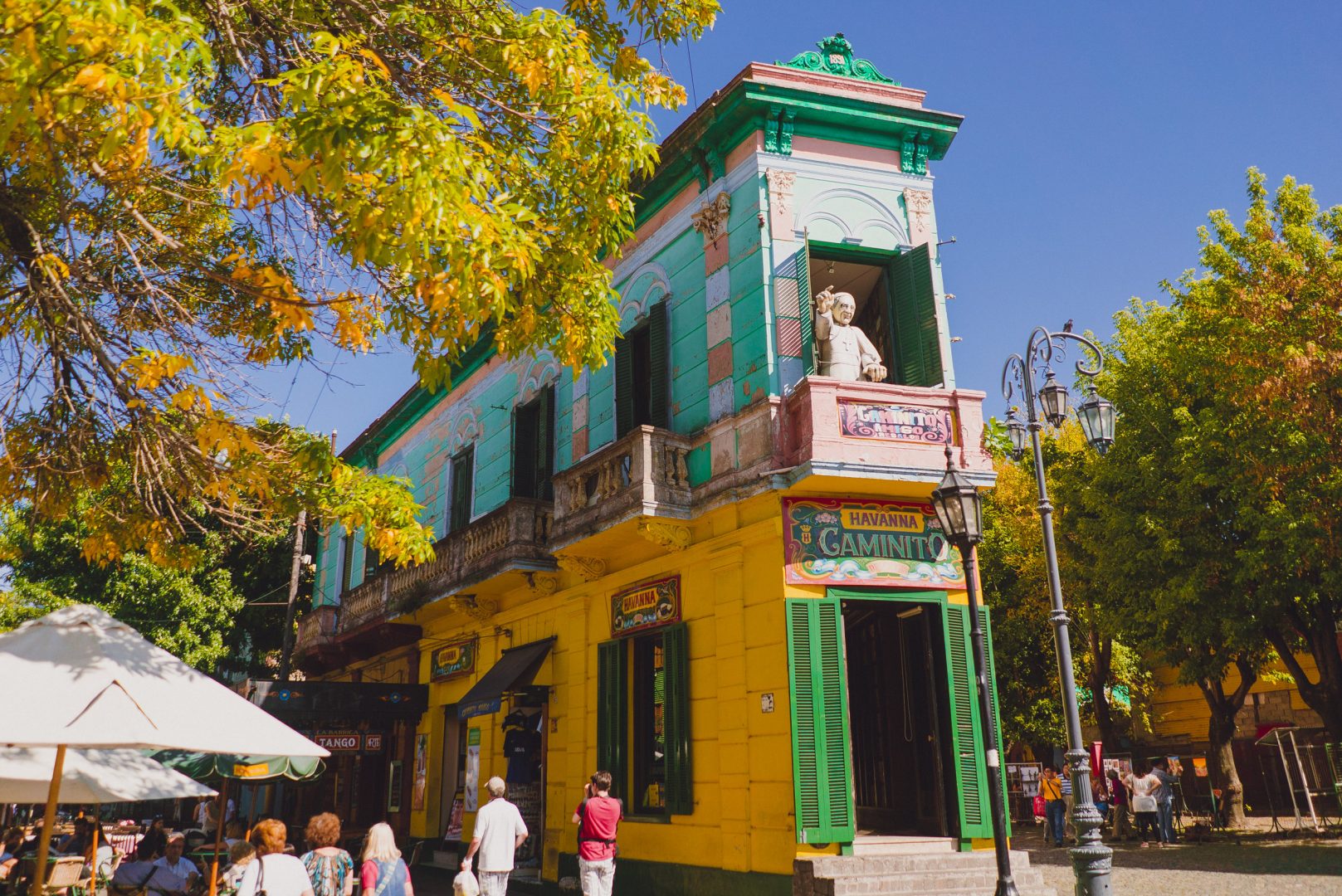Argentina’s emergency needs IMF help

Argentina’s President Mauricio Macri has announced plans to slash the country’s bureaucracy and raise taxes on exports to calm battered financial and currency markets and get the economy back on an even keel.
Argentina’s government said on Tuesday it hopes the International Monetary Fund will agree in the second half of September to a deal giving the country more financial support as it seeks to escape a deepening economic crisis.
Economy Minister Nicolas Dujovne met IMF chief Christine Lagarde in Washington and said they were working together to improve a standby finance deal agreed with the IMF’s executive board in June.
“We are trying to get it voted on by the (IMF) board …. in the second half of September,” Dujovne said after the meeting.
Argentina’s government said on Tuesday it hopes the International Monetary Fund will agree in the second half of September to a deal giving the country more financial support as it seeks to escape a deepening economic crisis.
Economy Minister Nicolas Dujovne met IMF chief Christine Lagarde in Washington and said they were working together to improve a standby finance deal agreed with the IMF’s executive board in June.
“We are trying to get it voted on by the (IMF) board …. in the second half of September,” Dujovne said after the meeting.
Argentina’s government said on Tuesday it hopes the International Monetary Fund will agree in the second half of September to a deal giving the country more financial support as it seeks to escape a deepening economic crisis.
Economy Minister Nicolas Dujovne met IMF chief Christine Lagarde in Washington and said they were working together to improve a standby finance deal agreed with the IMF’s executive board in June.
“We are trying to get it voted on by the (IMF) board …. in the second half of September,” Dujovne said after the meeting.
He said the two sides still needed to work out the details of a proposal, and declined to give details about what that might look like.
Lagarde said she and Dujovne had made progress toward strengthening the IMF-backed program for Argentina.
Argentina is struggling to break free from cyclical financial crises that have hit the country every decade over the past 60 years.
The most recent, in 2002, threw millions of middle-class Argentines into poverty and shook investor confidence in the commodities-reliant economy.
“They’re a positive step,” said Graham Stock, senior sovereign strategist for emerging markets at $60 billion BlueBay Asset Management in London. “I expect the IMF response to be broadly favorable but we need to see details including the revised monetary targets.”
US President Donald Trump expressed “strong support” for Argentina on Tuesday as its economy minister sought the backing of the International Monetary Fund for the government’s politically risky bid to tackle a debilitating economic crisis.
Trump’s backing for Macri is important because the United States is the largest member on the IMF’s 24-member executive board, which would need to approve any new agreement with Argentina.
But Argentina’s peso slid further on Tuesday as investors reacted with skepticism to Macri’s plans. Many worry he will not be able to push reforms through a restive Congress amid growing frustration on the streets of Buenos Aires.
The Argentine central bank sold $358 million in reserves at auctions on Tuesday to help prop up the peso, which nevertheless fell 2.18 percent to 39.05 to the U.S. dollar. Last week alone, the currency lost 16 percent of its value.
Argentina’s Merval stock index .MERV fell 3.72 percent, with traders citing doubts about the government’s ability to make good on new fiscal plans as Latin America’s third-largest economy slides into recession this year. Argentina’s current IMF deal includes fiscal targets that Argentina says it wants to strengthen as part of its effort to gain the market’s trust. Those new fiscal goals are being negotiated in Washington this week.
The IMF has generally voiced support for Macri and his orthodox economic policies.

